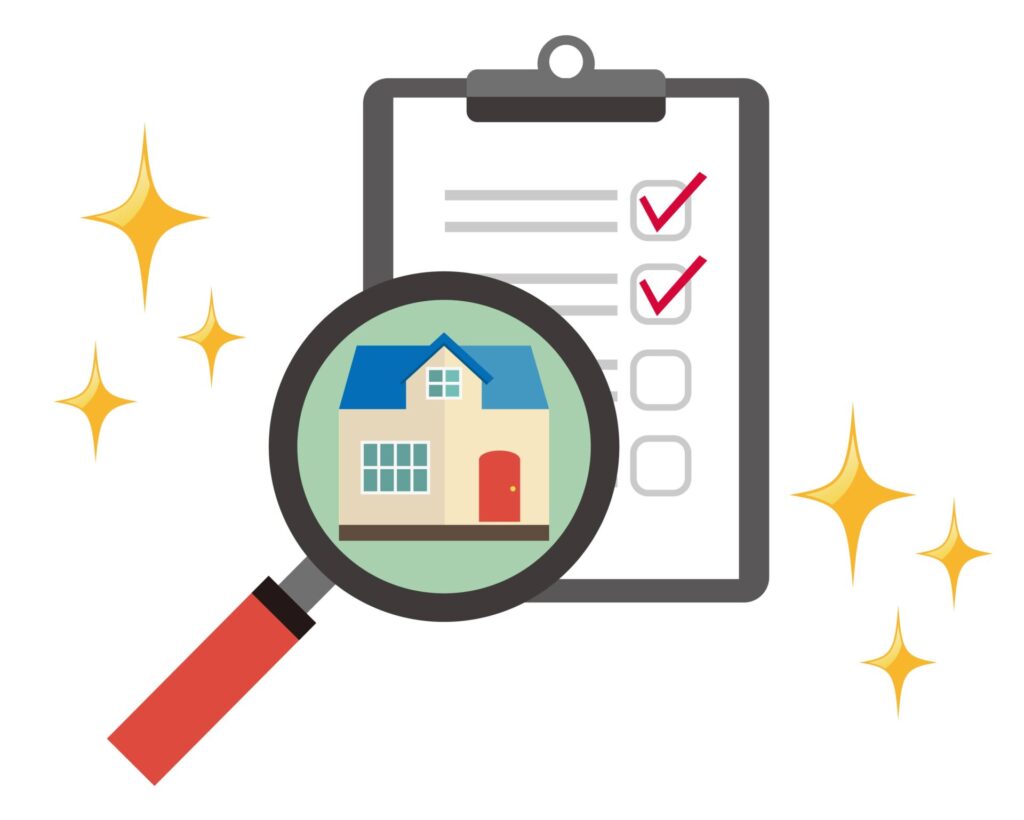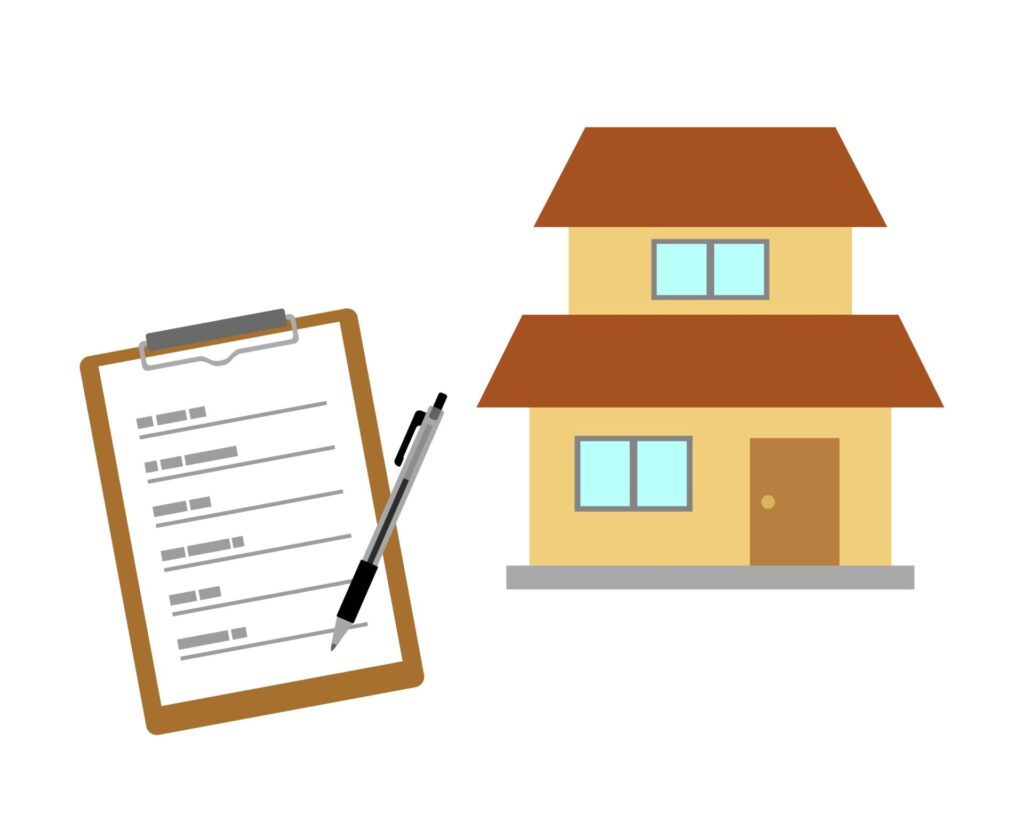A Beginner’s Guide to Property Appraisal
As a homeowner, understanding property appraisal is a critical part of the buying and selling process. A property appraisal is an expert assessment of a home’s value, conducted by a licensed appraiser. This assessment is used to determine the fair market value of a property in a real estate transaction.
The importance of property appraisal cannot be overstated. Appraisals provide buyers and sellers with a clear understanding of a home’s true value, enabling them to make informed decisions about the sale or purchase of a property. In this beginner’s guide to property appraisal, we’ll explore everything you need to know about the process, from start to finish.
Let’s dive in!
Types of Property Appraisal

There are several methods that real estate appraisers use to determine a home’s value, and each one is best suited for different types of properties. Here are the four most common types of property appraisal methods:
Sales Comparison Approach
The sales comparison approach involves comparing the home to similar properties that have recently sold in the area. This method is often used for comparable sales of single-family homes and is based on the principle of supply and demand.
Cost Approach
The cost approach involves determining the cost of replacing a property if it were destroyed and then subtracting any depreciation. This method is typically used for new or custom-built homes.
Income Approach
The income approach involves evaluating the potential income that a property can generate and using that to calculate its value. This method is often used for commercial properties or rental properties.
Hybrid Approach
The hybrid approach is a combination of two or more of the above methods. This method is often used for unique properties or when no single approach is the best fit.
Understanding the different types of property appraisal methods is key to ensuring an accurate appraisal that reflects a home’s true value.
Read More: The Ultimate Guide to Buying Property for Investment and Rental Income
Factors That Affect Home Appraisal

Several factors come into play when determining a home’s value. Below are some of the most important factors that appraisers consider during the property appraisal process:
Location
Location is one of the most critical factors when it comes to home appraisal. Appraisers evaluate the neighborhood, school district, proximity to amenities, and the crime rate in the area to determine a property’s value. Homes located in desirable areas are often valued higher than those in less desirable locations.
Size and Condition of the Property
The size and condition of a property are also critical factors when it comes to home appraisal. Appraisers evaluate the overall quality of a property or home’s exterior structure, including the foundation, roof, electrical systems, and plumbing. The home’s square footage and the number of rooms also play a role in determining its value.
Surrounding Environment
Appraisers take into account the surrounding environment when appraising a property. This includes factors such as natural hazards, noise levels, and other potential environmental factors that may impact the home’s value.
Recent Renovations and Upgrades
Recent renovations and upgrades can increase a home’s value significantly. Appraisers evaluate the quality and extent of these renovations, including kitchen and bathroom upgrades, new flooring, and landscaping improvements.
Current Real Estate Market
The current real estate market is also an important factor in home appraisal. Appraisers look at recent sales of comparable properties in the area to determine market trends and how they affect a property’s value. Economic factors such as interest rates and the availability of financing also play a role in determining a home’s value.
By understanding the factors that affect home appraisal, homeowners can take steps to maximize their home’s value and ensure an accurate appraisal.
Home Appraisal Process

The home appraisal process involves several steps that are critical to ensuring an accurate appraisal. Here’s what you can expect during the home appraisal process:
Selecting a Licensed Appraiser
The first step in the home appraisal process is to select a licensed real estate appraiser beforehand. You can find a licensed appraiser through your real estate agent, mortgage lender, or by searching online directories. It’s important to work with a licensed appraiser to ensure that the appraisal is accurate and valid.
Setting the Appraisal Appointment
Once you have selected an appraiser, the next step is to set up the appraisal appointment. The appraiser will need to schedule a time to come to your property and conduct an in-person inspection.
Conducting an In-Person Inspection
During the in-person inspection, the appraiser will evaluate the size and condition of the property, as well as any recent renovations or upgrades. The appraiser will also take measurements of the home and take photos to include in the appraisal report.
Analyzing the Property Value
After the in-person inspection, the appraiser will analyze the property value using one or more of the appraisal methods discussed earlier in this guide. The appraiser will take into account the location, size, condition, and surrounding environment of the property, as well as recent sales of comparable homes in the area.
Preparing the Appraisal Report
Finally, the appraiser will prepare the appraisal report, which will include a detailed analysis of the property value, as well as photos and other relevant information. The report will be sent to the homeowner, mortgage lender, and any other parties involved in the real estate transaction.
By understanding the home appraisal process, homeowners can ensure that their property is accurately assessed and that they receive a fair appraisal value.
Understanding the Appraisal Report

The appraisal report is a critical document that provides a detailed analysis of a property’s value. Here’s what you need to know about the appraisal report:
Components of the Appraisal Report
The appraisal report contains several key components, including an explanation of the appraisal process, a detailed analysis of the property’s value, and photos of the property. The report will also include information on the appraiser and any assumptions made during the appraisal process.
Types of Appraised Values
The appraisal report will include one or more types of appraised values, depending on the appraisal method used. The most common types of appraised values are market value, assessed value, and replacement value.
How to Interpret the Report
Interpreting the appraisal report can be challenging for those who are unfamiliar with the process. It’s important to review the report carefully, paying special attention to the appraised value and any factors that may have influenced the appraisal.
If you have questions or concerns about the appraisal report, it’s important to speak with the appraiser directly. They can provide additional information and help you better understand the report’s findings.
By understanding the components of the appraisal report and how to interpret it, homeowners can make informed decisions about their property and ensure that they receive a fair appraisal value.
Appraisal Contingency

An appraisal contingency is a clause in a purchase agreement that makes the sale of a property contingent on the home’s appraisal value. Here’s what you need to know about the appraisal contingency:
Definition of Appraisal Contingency
An appraisal contingency is a legal clause that protects the buyer in a real estate transaction. The clause stipulates that if the appraisal value of the home is less than the purchase price, the buyer has the option to renegotiate the price or cancel the sale altogether.
Importance of Appraisal Contingency
An appraisal contingency is important because it protects the buyer from overpaying for a property. If the home is appraised for less than the purchase price, the buyer can either negotiate a lower price or back out of the sale without penalty.
Potential Outcomes of the Appraisal Contingency
There are several potential outcomes of the appraisal contingency. If the home appraises for less than the purchase price, the buyer may choose to renegotiate the asking price with the seller. If the seller refuses to lower the asking price, the buyer may cancel the sale altogether.
In some cases, the appraisal contingency may be waived if the buyer is willing to pay the difference between the appraised value and the purchase price. However, this is not always feasible, particularly if the difference is significant.
By including an appraisal contingency in the purchase agreement, buyers can protect themselves from overpaying for a property and ensure a fair real estate transaction.
Home Appraisal vs Home Inspection

While a home appraisal and a home inspection may sound similar, they are two very different processes. Here’s what you need to know:
Definition of Home Inspection
A home inspection is an evaluation of a property’s condition, performed by a licensed home inspector. This inspection focuses on the property’s structure, mechanical systems, and other visible components, such as the roof, foundation, and electrical systems.
Differences Between Appraisal and Home Inspection
While both an appraisal and a home inspection involve evaluating a property, they serve different purposes. An appraisal is focused on determining the value of the property, while a home inspection is focused on identifying any potential issues with the property’s condition.
During a home inspection, the inspector will evaluate the home’s structural components, mechanical systems, and other visible components, such as the roof, foundation, and electrical systems. The inspector will then provide a detailed report outlining any issues or areas of concern.
Importance of Both Processes
Both a home appraisal and a home inspection are critical processes that should be conducted before purchasing a property. An appraisal ensures that you are paying a fair price for the property, while a home inspection helps identify any potential issues that could impact the property’s value or your ability to live comfortably in the home.
By understanding the differences between a home appraisal and a home inspection and the importance of both processes, you can make informed decisions about the purchase of a property.
Home Buying Process and Home Appraisal

The home buying process can be complex, and there are many different parties involved in the process. Here’s what you need to know about the role of a real estate agent, mortgage lender, and appraisal fees:
Role of a Real Estate Agent
A real estate agent can help you navigate the home buying process, including the appraisal process. They can help you find a licensed appraiser and ensure that the appraisal is conducted accurately and efficiently.
Role of a Mortgage Lender
A mortgage lender is also an important player in the home buying process. They will require a home appraisal as part of the loan process to ensure that the property is worth the amount being borrowed. The lender will also use the appraisal to determine how much they are willing to lend you.
Down Payment Requirements
Most mortgage lenders require a down payment of between 5% and 20% of the home’s purchase price. The down payment amount can impact the appraisal process, as a larger down payment can make it easier to secure a mortgage loan and influence the appraised value.
Purchase Agreement and Contract Price
The purchase agreement and contract price are also critical components of the home buying process. The purchase agreement typically includes an appraisal contingency, which protects the buyer in the event that the appraisal comes in lower than the purchase price.
Appraisal Fees/Home Appraisal Cost
The cost of the home appraisal is typically paid for by the buyer and is included in the closing costs. The fees for a home appraisal can vary depending on the size and location of the property, as well as the type of appraisal being conducted.
By understanding the role of a real estate agent, mortgage lender, down payment requirements, purchase agreement and contract price, and appraisal fees, homebuyers can make informed decisions about their home purchase, and ensure that the appraisal process goes smoothly.
Maximizing Your Home Appraisal Value

If you’re planning on selling your home, it’s important to ensure that you get a fair appraisal value. Here are some tips to help maximize your home appraisal value:
Home Improvements
One way to increase your home’s appraisal value is by making improvements to the property. This can include updating the kitchen or bathroom, adding a new coat of paint, or replacing old flooring.
Appraisal Tips
There are several things you can do to ensure that your home appraisal goes smoothly. For example, make sure that the property is clean and tidy, and provide the appraiser with a list of recent upgrades or renovations.
Understanding What Appraisers Look For
To maximize your home appraisal value, it’s important to understand what appraisers look for when evaluating a property. Appraisers consider factors such as the location, size, and condition of the property, as well as recent sales of comparable homes in the area.
Comparable Homes and Recent Sales
Comparing your home to other similar homes in your area can also help increase your home’s appraisal value. Look for homes that are similar in size, condition, and location, and that have sold recently. This will give you an idea of what your home is worth.
Other Factors Affecting the Appraisal Value
There are several other factors that can impact your home’s appraisal value, including the current real estate market, the home’s square footage, and any unique features of the property.
By following these tips and understanding what home appraisers look for, you can help maximize your home appraisal value and ensure that you get a fair price for your property.
Dealing with a Low Home Appraisal

If you receive a low home appraisal, it can be a frustrating and stressful experience. Here’s what you need to know about dealing with a low home appraisal:
Definition of Low Appraisal
A low home appraisal occurs when the appraised value of the property is less than the purchase price. This can be a problem for homeowners, as it can impact their ability to secure a mortgage loan and sell the property.
Options for the Homeowner
If you receive a low home appraisal, there are several options available to you. You can ask the appraiser to review their findings and provide additional information, or you can ask for a second appraisal.
Another option is to renegotiate the purchase price with the buyer. If the buyer is willing to lower the purchase price, you may be able to avoid a low appraisal altogether.
Getting a Second Appraisal
Getting a second appraisal is another option for homeowners who have received a low appraisal. A second appraisal can help provide additional information and ensure that the appraisal value is accurate.
It’s important to note that getting a second appraisal can be expensive and time-consuming. However, if you believe that the initial appraisal was inaccurate, it may be worth the cost and effort.
By understanding the options available to homeowners and working with their real estate agent and appraiser, they can navigate a low home appraisal and ensure that they receive a fair appraisal value.
Understanding Property Appraisal and Appraised Value
A property appraisal is a critical component of the home buying and selling process. It ensures that the property is valued accurately and that all parties involved in the transaction are getting a fair deal.
Throughout this article, we’ve discussed the different types of property appraisal, the factors that can affect home appraisal value, and the home appraisal process. We’ve also provided tips on maximizing your home appraisal value and dealing with a low appraisal.
Remember, a low appraisal doesn’t have to be the end of the road. There are several options available to homeowners, including asking for a second appraisal or renegotiating the purchase price. By working with a licensed appraiser, real estate agent, and mortgage lender, you can ensure that the appraisal process goes smoothly and that you get a fair price for your property.
If you’re in the process of buying or selling a home, it’s important to understand the appraisal process and the role that it plays in the transaction. By doing so, you can make informed decisions and ensure a successful real estate transaction.
Thank you for reading, and we wish you the best of luck in your home-buying or selling journey!
Frequently Asked Questions
The appraised value of a property is determined by a licensed real estate appraiser. They will consider factors such as the location, size, and condition of the property, as well as recent sales of comparable homes in the area.
Home appraisers are responsible for conducting an in-person inspection of a property and evaluating its value. They will consider factors such as the location, size, and condition of the property, as well as recent sales of comparable homes in the area.
The Federal Housing Administration (FHA) requires that all properties purchased with an FHA loan be appraised by a licensed appraiser. The FHA appraisal process ensures that the property meets certain minimum standards and is safe and habitable.
Home appraisals can have a significant impact on personal finance, particularly if you’re in the process of buying or selling a home. A low appraisal can impact your ability to secure a mortgage loan or sell your property, while a high appraisal can increase your home equity and provide additional financing options.
To ensure that your home appraisal goes smoothly, it’s important to prepare your home and provide the appraiser with any relevant information about recent upgrades or renovations. You can also compare your home to other similar homes in your area to get an idea of what it’s worth.
The role of a home appraiser is to evaluate the value of a property based on a variety of factors, including the location, size, and condition of the property, as well as recent sales of comparable homes in the area.
The cost of an appraisal can vary depending on several factors, including the size and location of the property, as well as the type of appraisal being conducted. Appraisal fees typically range from a few hundred to several thousand dollars.
The Appraisal Institute is a professional organization for real estate appraisers. The institute provides education and training to its members and promotes ethical and professional standards in the industry.
During the appraisal process, a licensed appraiser will conduct an in-person inspection of the property and evaluate its value based on several factors. The appraiser will then prepare a report outlining their findings and providing an estimated value for the property.
A desktop appraisal is a type of appraisal that is conducted remotely, without an in-person inspection of the property. Desktop appraisals are typically used for properties that are not easily accessible or are located in remote areas.
The home loan process can impact appraised value by providing additional financing options and influencing the purchase price of the property. The loan amount and estimated value of the property are both factors that can impact the appraisal value.
Personal loans can be used to pay for home appraisals, but it’s important to consider the interest rates and fees associated with the loan. It’s typically recommended to use funds from a home equity loan or savings account to pay for a home appraisal.
In a real estate transaction, typically the buyer pays for the appraisal. The appraisal fee is typically included in the closing costs for the transaction.
